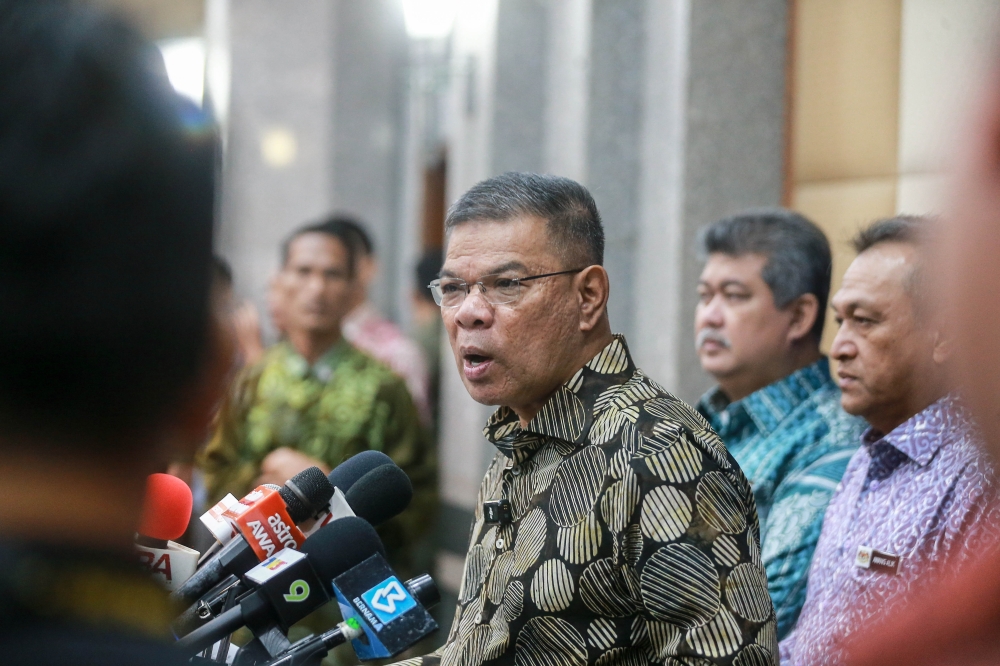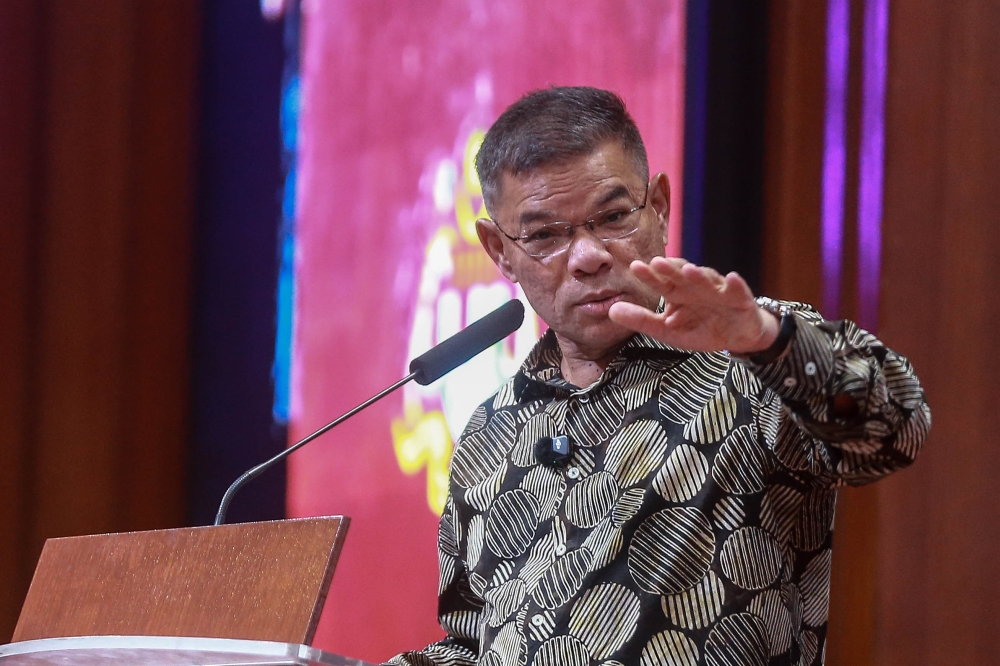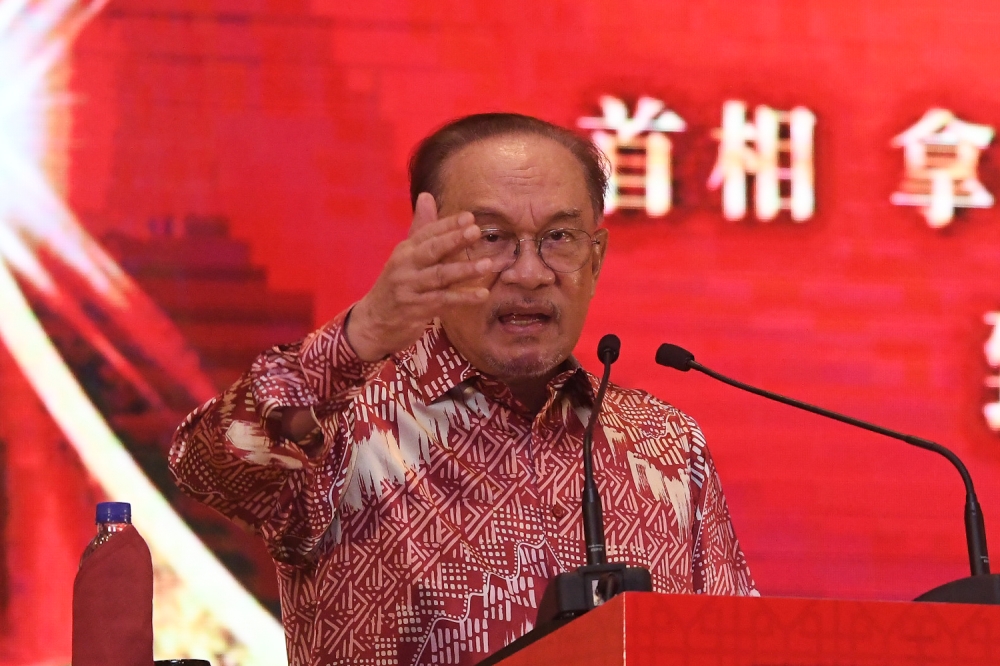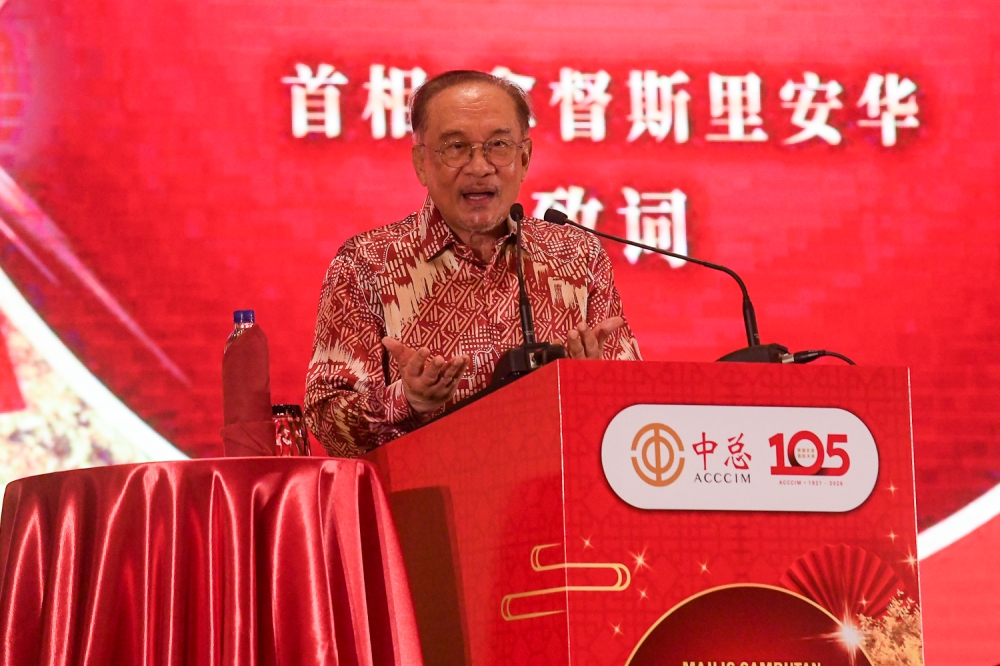SAN FRANCISCO, May 10 — Uber, set to make its stock market debut in one of the largest technology share offerings, has become a disruptive force in local transportation and generated its share of controversies.
A Paris idea
The history offered by Uber is that the plan for app-based rides came about in Paris in December 2008, when founders Travis Kalanick and Garrett Camp could not find a taxi and hatched the idea of summoning a ride with the push of a button.
They launched UberCab in July 2010, later shortening the name to Uber, with the first ride the following year in San Francisco.
By 2014, Uber was present in 100 cities and began its “Uber Pool,” allowing customers to share rides.
Today it has operations in 700 cities in 65 countries, having booked more than 10 billion rides.
Kalanick was the chief executive until mid-2017 when he was forced out amid a series of scandals on workplace harassment, cutthroat business practices and other ethical lapses, which hurt the image of the company as it was preparing to go public.
Taking over, Dara Khosrowshahi from the travel website Expedia sought to clean up Uber’s image, settling lawsuits including one accusing the company of stealing secrets on autonomous driving technology from former Google car unit Waymo.
Bumps in the road
Uber has faced protests in multiple countries by taxi drivers who claim its unregulated business model represents unfair competition.
Some regulators have limited or banned Uber as well. It has been banned in Bulgaria, Hungary and Denmark and earlier this year pulled out of the Catalonia region of Spain in the face of government restrictions.
Uber stopped some services in Paris in 2016 in the face of violent protests and is operating on a provisional license in London amid legal challenges.
In the United States, Uber has faced litigation and protests in New York and challenges from drivers seeking to be classified as employees with benefits instead of independent contractors. This week thousands of drivers turned off their apps in many cities, seeking improved revenue sharing and other changes.
The company suspended its self-driving car project in early 2018 when an autonomous vehicle struck and killed a pedestrian in Arizona.
Path to profits
While Uber has become a large company, its path to profitability remains uncertain.
Its losses continue to pile up despite taking in some US$11 billion (RM46 billion) in revenue last year.
But Uber sees a future beyond simple ridesharing. It wants to be an all-encompassing solution for transportation with autonomous cars, electric bikes and scooters to solve the “last mile” problem and help move consumers away from car ownership.
It also operates the Uber Eats food delivery service and Uber Freight, and is even looking at “flying taxis.”
Uber claims it wants to be the “Amazon of transportation,” evoking the model of the e-commerce firm which took many years to achieve consistent profitability and now dominates several sectors. — AFP






















